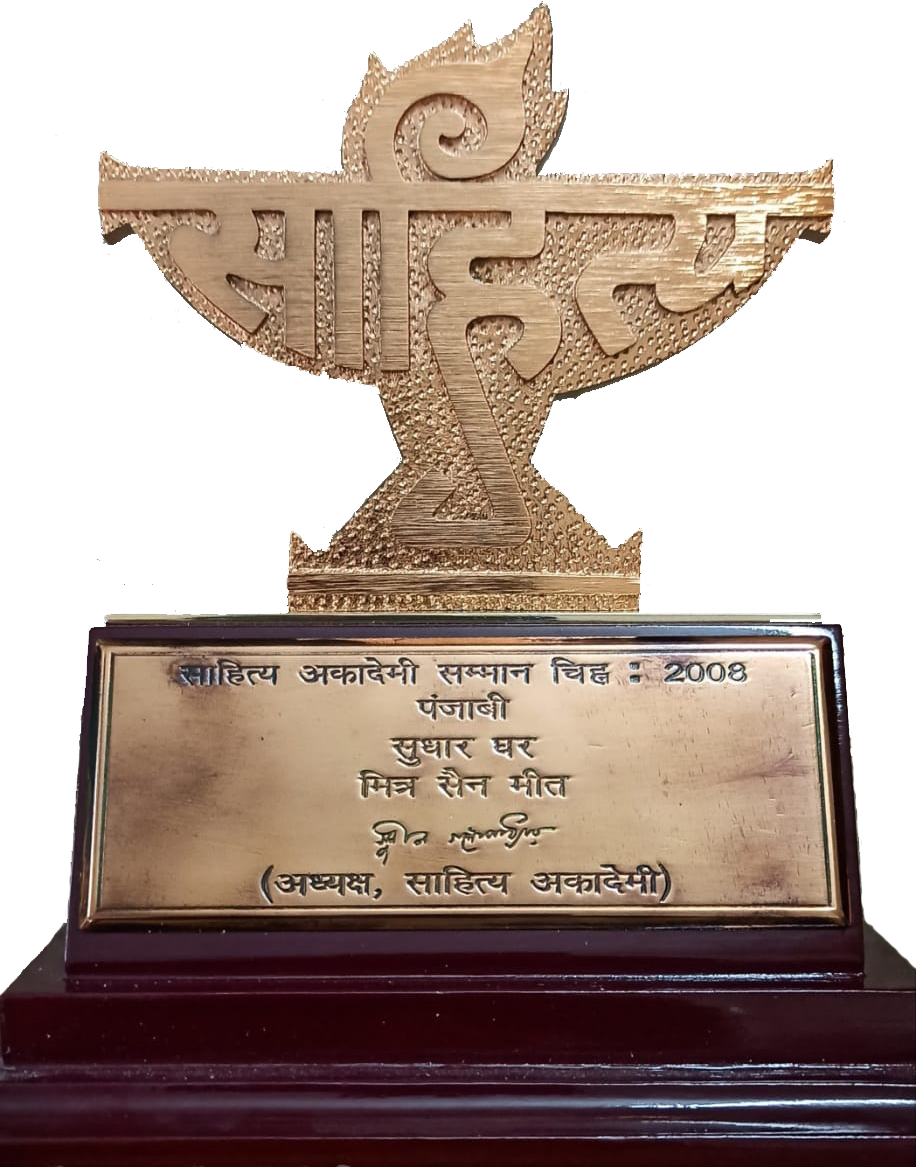ਪੀੜਤ ਧਿਰ ਦੇ ਹੱਕ ਵਿਚ ਆਏ ਮਹੱਤਵਪਰਨ ਫੈਸਲੇ – ਪਾਰਟ 2-(ਤਕਨੀਕੀ ਕਾਰਨ)
( Important judgments in favour of victim- technical grounds))
1.ਗ੍ਰਿਫਤਾਰੀ ਸਮੇਂ ਦੋਸ਼ੀ ਨੂੰ ਜੇ ਗ੍ਰਿਫਤਾਰੀ ਦੇ ਕਾਰਨ ਨਹੀਂ ਦੱਸੇ ਗਏ ਤਾਂ ਕੇਵਲ ਇਸੇ ਅਧਾਰ ਤੇ ਦੋਸ਼ੀ ਨੂੰ ਜ਼ਮਾਨਤ ਉੱਪਰ ਰਿਹਾ ਨਹੀਂ ਕੀਤਾ ਜਾ ਸਕਦਾ।
Case : Om Parkash Dwivedi vs. State, 1996 Cr.L.J.603
Para “11. As indicated above, in the present case the applicant was apprehended at the spot at the time of the commission of the crime and handed over to the police. Even a lay man would understand the reason of his detention in these circumstances. …”
2. ਜੇ ਦੋਸ਼ੀ ਦੀ ਸ਼ਨਾਖਤ ਪਰੇਡ ਨਹੀਂ ਕਰਵਾਈ ਗਈ ਤਾਂ ਇਸ ਅਧਾਰ ਤੇ ਦੋਸ਼ੀ ਨੂੰ ਜ਼ਮਾਨਤ ਉੱਪਰ ਰਿਹਾ ਨਹੀਂ ਕੀਤਾ ਜਾ ਸਕਦਾ।
Case : Satyabir vs. State of UP, 1998 Cr.L.J. 124 (Allahabad – HC)
Para “20. In the view I have taken, the argument that once the prayer of the accused for putting him to identification by the witnesses, who claim to be knowing the accused from before, is opposed by the prosecution and is not accepted, the accused becomes entitled to be released on bail irrespective of other facts of the case, must fail.”
3. ਐਫ.ਆਈ.ਆਰ. ਅਤੇ ਧਾਰਾ 161 ਸੀ.ਆਰ.ਪੀ.ਸੀ. ਅਧੀਨ ਲਿਖੇ ਬਿਆਨਾਂ ਵਿੱਚ ਫਰਕ ਕਾਰਨ ਦੋਸ਼ੀ ਨੂੰ ਜ਼ਮਾਨਤ ਉੱਪਰ ਰਿਹਾ ਨਹੀਂ ਕੀਤਾ ਜਾ ਸਕਦਾ।
Case : Murli Churasia vs. state of UP, 1995 Cr.L.J. 2782 (Allahabad – HC)
Para “17. I may also record observations about the so called contradictions mentioned in the F.I.R. in the matter of statement under S. 161, Cr. P.C. They are still to be explained by the witness as and when they give evidence in the witness box and apart from that the main idea of these statements is to appraise the accused of the evidence as it is likely to come before him during trial. They are themselves not to be appreciated and to do it at the stage of bail, that is much before the witness has entered the witness box, will be against all principles of criminal trial.”
4. ਬਰਾਬਰਤਾ (parity): ਜੇ ਦੋਸ਼ੀਆਂ ਦੇ ਜ਼ਮਾਨਤ ਤੇ ਰਿਹਾ ਹੋਣ ਦੇ ਅਧਾਰ ਵੱਖਰੇ-ਵੱਖਰੇ ਹੋਣ ਤਾਂ ਇੱਕ ਦੋਸ਼ੀ ਨੂੰ ਦੂਜੇ ਦੋਸ਼ੀ ਦੇ ਰਿਹਾ ਹੋਣ ਕਾਰਨ, ਬਰਾਬਰਤਾ ਦੇ ਅਧਾਰ ਤੇ ਜ਼ਮਾਨਤ ਤੇ ਰਿਹਾ ਨਹੀਂ ਕੀਤਾ ਜਾ ਸਕਦਾ।
Case (i) : Chander @ Chandra vs. State of UP, 1998 Cr.L.J. 2374 (Allahabad HC–DB)
Para “18. ….. The applicant claims bail on the ground of parity with the order dated 21-8-96 which Shanker co-accused was granted bail by S. N. Tewari, J. in a Second bail application. The first bail application of Shanker was rejected by V. N. Mehrotra, J. on 19-12-94. He filed a second bail application on 26-2-96 and subsequently a supplementary affidavit was filed which was sworn on 4-7-96. In this supplementary affidavit copies of affidavits filed by Daya Shanker (father of the deceased and the complainant) and Vijay (brother of the deceased) filed by them before third Addl. Sessions Judge, Meerut were annexed. In these affidavits it is stated that they had not seen Shanker assaulting the deceased and his name had been wrongly mentioned in the F.I.R. on account of inadvertence. It is further stated in the affidavits that the applicant-Chander and seven other persons who had been named were the real assailants and they had assaulted the deceased. If the father and the brother of the deceased give an affidavit that a particular accused was not present, it is certainly an important point and a Court may grant bail to him on that ground. The order dated 21-8-96 does not give any reasons but it does appear that Shanker was granted bail taking into consideration the affidavits filed by the father and the brother of the deceased who had clearly exonerated him. From the record, it appears to be the only new ground which had come into existence after the rejection of the first bail application. If the applicant-Chander is granted bail only on the ground of parity with Shanker-accused, it will be clearly illegal as the factors which are likely to have weighed with the Court while granting bail to Shanker are not present in his case. On the contrary, both the father and the brother of the deceased have made the applicant as a real accused in the affidavits filed by them. It is, therefore, clear that failure of justice may be occasioned if bail is granted to an accused on the basis of parity with another co-accused whose bail order does not contain any reason.”
Case (ii) : Smt.Lahari Devi Vs.State of Rajasthan, 1996 Cr.L.J. 682
Para “8. ….. Without offering any more comment I say that the petitioner is not entitled for bail, though, coaccused, who is her son and husband of deceased Narayani, has been granted bail by this Court in second bail application on same sets of evidence on record.”






More Stories
ਪਹਿਲੀ ਸੂਚਨਾ ਰਿਪੋਰਟ / ਐਫ.ਆਈ.ਆਰ. /FIR
ਗਵਾਹਾਂ ਦੇ ਬਿਆਨ/ Statement of witnesses
ਦੋਸ਼ੀ ਦੀ ਪੇਸ਼ਗੀ ਜ਼ਮਾਨਤ/Anticipatory bail